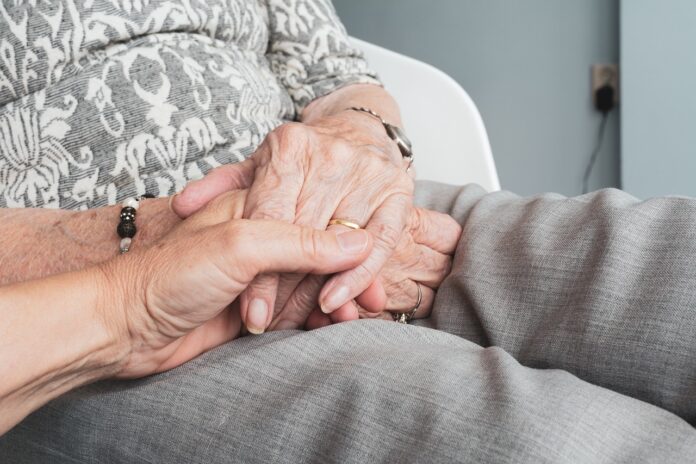In your journey through life, you often encounter various challenges that shape your experiences and perspectives. Among these challenges, medical conditions can significantly impact individuals physically, emotionally, and socially. While medical treatments are essential, the power of a supportive community should never be underestimated. A strong community can provide a safe haven, foster understanding, and offer invaluable emotional support. Let’s explore five medical conditions where supportive communities play a pivotal role in enhancing the lives of those affected.
Cancer Support Networks: United in Resilience
A cancer diagnosis can be overwhelming, triggering not only physical battles but also emotional turmoil. The weight of uncertainty, treatment side effects, and lifestyle adjustments can create a daunting landscape. Supportive communities step in as beacons of solace, offering an avenue for individuals to share their journeys, fears, and triumphs. In the company of those who understand their struggles intimately, cancer patients discover a reservoir of strength in unity. The simple act of connecting with others who are facing or have triumphed over similar challenges infuses hope into their journey. Shared stories become a lifeline, showing the way forward through the labyrinth of treatments and emotions. Amid the ups and downs, these communities shine as a source of profound comfort, reminding cancer warriors that they are not alone in their fight, igniting a fire of resilience that burns brighter together.
Alzheimer’s and Memory Care Communities: Nurturing Dignity
For individuals living with Alzheimer’s or dementia, a memory care community offers a specialized haven. These communities provide tailored care, engaging activities, and a sense of belonging for both patients and their families. In an Alzheimer-specific environment, individuals can maintain their dignity, enjoy meaningful interactions, and access the assistance they require, all within a compassionate and understanding atmosphere.
Diabetes: Educating and Empowering Together
Managing diabetes demands vigilant attention to one’s lifestyle and health. Supportive communities for diabetes patients emphasize education, sharing tips, recipes, and coping strategies. Such networks empower individuals to take control of their condition and make informed choices. The camaraderie formed within these communities eliminates feelings of isolation and helps participants navigate the complexities of diabetes management.
Mental Health Allies: Erasing the Stigma
Mental health challenges affect millions worldwide, yet stigma often prevents open conversations. Supportive communities focused on mental health provide a space where individuals can discuss their feelings, seek advice, and offer mutual support. These networks contribute to breaking down barriers, raising awareness, and fostering empathy, ultimately promoting better mental well-being.
Rare Diseases: Uniting for Advocacy
Rare disease communities unite patients, caregivers, and advocates in their shared quest for understanding and treatments. With limited resources available, these communities offer a lifeline. By pooling knowledge and resources, individuals with rare diseases can access information, share research findings, and advocate for increased awareness and research funding.
In conclusion, medical conditions can be life-altering, but the power of supportive communities cannot be overstated. Whether facing cancer, Alzheimer’s, diabetes, mental health struggles, or rare diseases, individuals benefit immensely from connecting with others who understand their challenges. These communities uplift spirits, impart knowledge, and create an environment where individuals can thrive despite their medical conditions. As we continue to navigate life’s unpredictable journey, the embrace of a supportive community can make all the difference.


